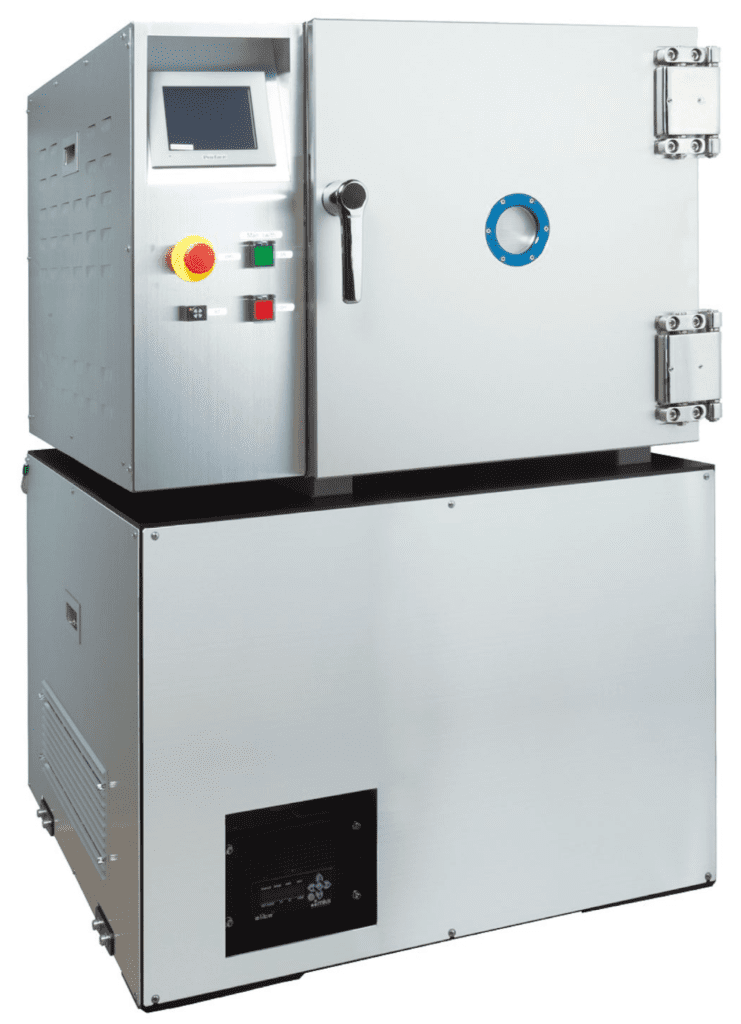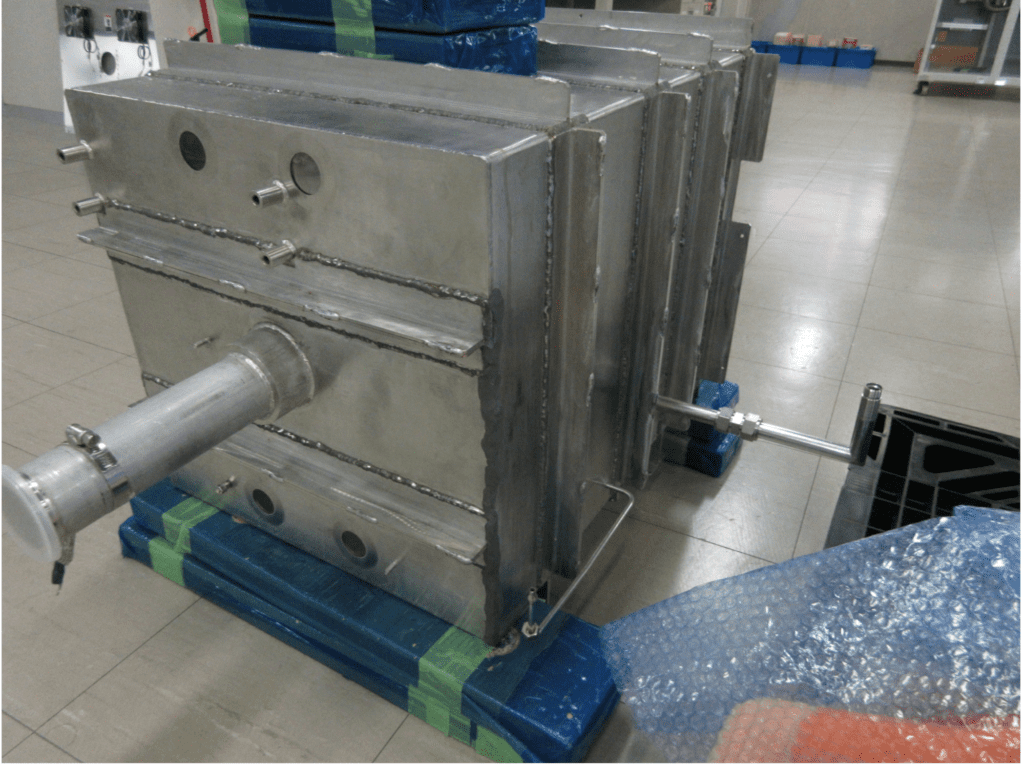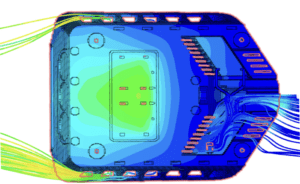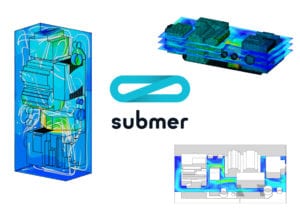
Samco is the Semiconductor and Materials Company, founded in Kyoto, Japan in 1979 by plasma technology pioneer Osamu Tsuji. Samco specializes in Plasma-Enhanced Chemical Vapor Deposition (PECVD), reactive ion etching and surface treatment systems to manufacture a diverse range of devices, including Power/RF Devices, MicroLEDs, Laser Diodes, VCSELs, MEMS, and RF Filters. Over 4300 Samco systems have been installed to date in 35 countries.
Samco develops and manufactures a range of mission-critical deposition, etch, and surface treatment/cleaning systems used in the semiconductor manufacturing industry. Semiconductor device manufacturers (the fabs or foundries) can’t afford any production downtime or reduced production capacity due to unreliable equipment. Any such downtime is costly and can disrupt entire industries, such as experienced with the global semiconductor chip shortage in 2020 and 2021 which impacted everything from automotive manufacturing to the availability of PC graphics cards. Hence, Samco prides itself in delivering durable and highly reliable equipment, and SimScale plays a key role in achieving that objective: SimScale CFD, mechanical, and thermal simulation is used by the Design Department at Samco to gain engineering insights into the performance & life cycle of their products.
Samco selected SimScale because the cloud-native software is easy to use and low-cost compared to on-premises-based solutions that require expensive high-specification workstations dedicated to simulation. Ease of use was critical to Samco because they had developed products without using CAE and there were few people within the company with any CAE experience. The SimScale cloud-native platform provides an intuitive browser-based UI with built-in real-time support and collaboration features which proved to be the perfect fit for Samco — making simulation both technically and economically accessible to their designers and engineers.
One of SimScale's most outstanding points is that it is an analysis on the cloud. As a result, analysis can be performed without the need for an expensive dedicated PC and without putting pressure on the capacity of the PC currently in use. In other words, analysis work can be done simultaneously while proceeding with the current work.
Shibata Suguru
Mechanical Design Chief at Samco
Samco used the structural (FEA) analysis type in SimScale to understand the product lifetime of their Plasma Cleaner (PC-1100 and AQ-2000). Samco originally designed the PC-1100 based on its own experience 20 years ago. The project aimed to confirm what the product’s lifetime might be under realistic operating conditions and extend it by making design modifications. A static structural analysis was performed on the vacuum chamber of the Plasma Cleaner. The iCAD geometry was imported as a STEP file into SimScale, which can handle multiple CAD formats. The bottom of the vacuum chamber assembly was set as a fixed boundary and then a high vacuum simulated by applying a pressure equivalent to atmospheric pressure to the inner surface acting inwards.
Automatic mesh creation and refinement in SimScale proved to be an especially useful feature, saving the engineers considerable time on simulation preparation.



Samco ran 50 simulations in total for this project, in some cases running multiple simulations simultaneously. The solution times were impressive, considering the complexity of the model. Using the default solver settings, they were as follows:
The simulation provided deformation and internal stress results.


The project aimed to quantify and increase product lifetime in realistic operating conditions. Samco engineers found SimScale easy and intuitive to use, especially as first-time users, and were able to make slight but significant modifications to the design based on the analysis which increased the product’s lifetime by 10 times, from 100,000 to 1,000,000 operating cycles. Using SimScale at the design stage has also reduced the amount of time and resources spent on digital prototyping, saving costs and labor. Another benefit has been the ability to quickly swap out different materials and explore material impacts on product performance, something which was not possible before.
Samco will now extend its use of SimScale to thermal and flow analysis to optimize the heater battery and reduce power consumption for the unit. The engineers are optimistic that their product development and innovation will benefit from using SimScale on new ideas and product enhancements.




Sign up for SimScale
and start simulating now